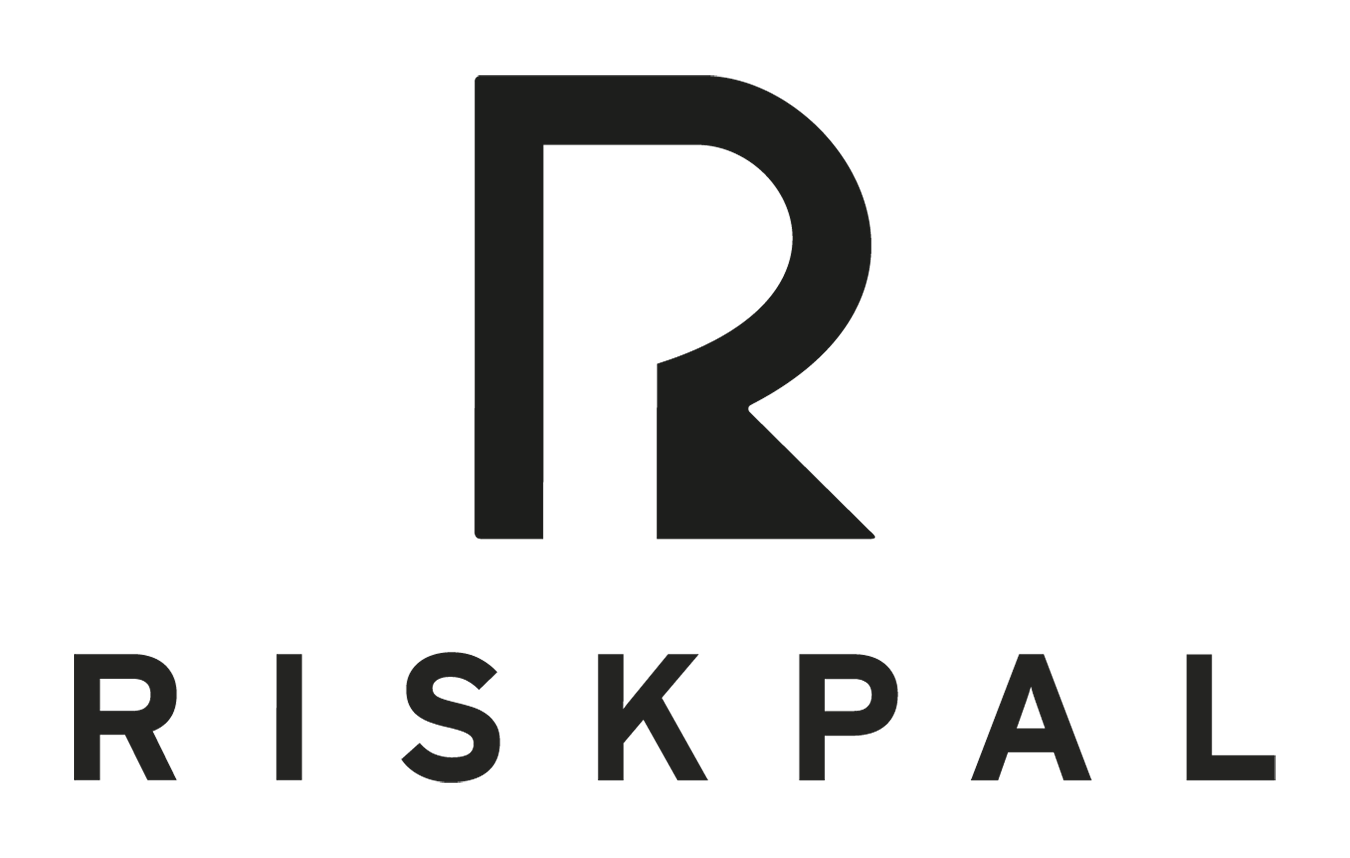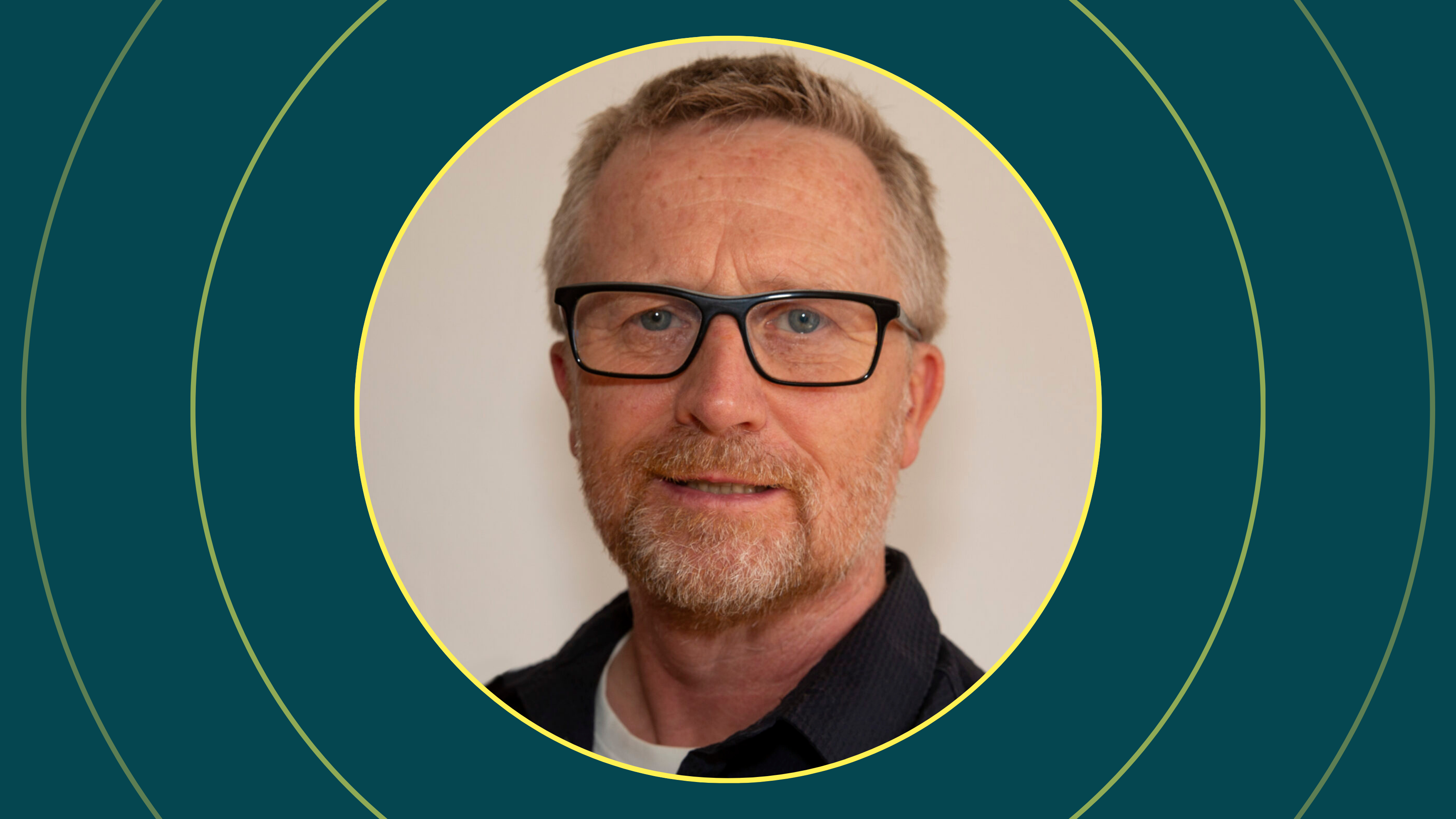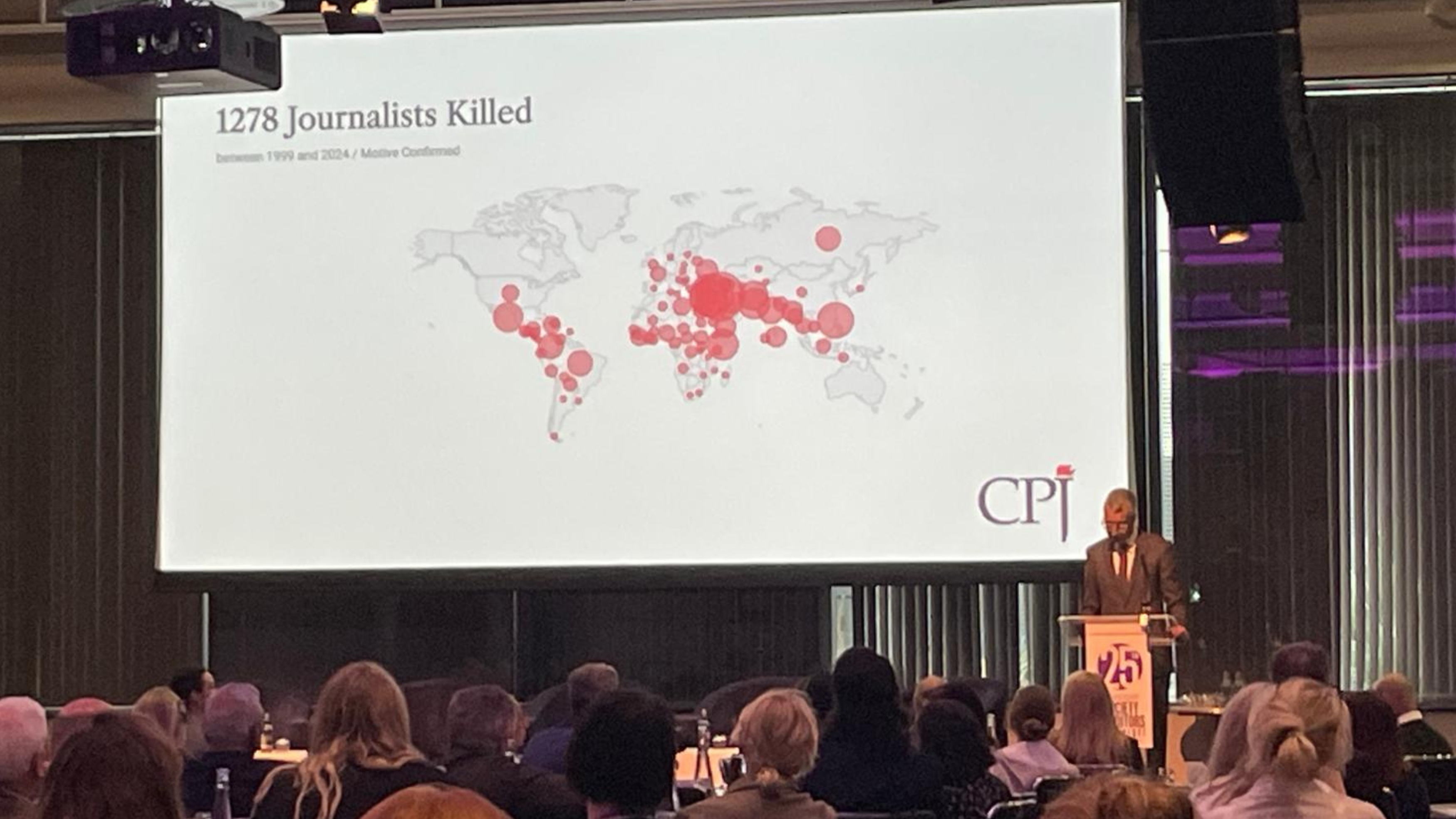Transforming the Film and TV Industry’s Health & Safety Culture
In the dynamic world of film and TV production, where budgets are tight but ambitions run high, executives are constantly on the hunt for the next big success. This drive often leads to corners being cut as a matter of routine. However, amidst this pressure, industry leaders are being forced to confront critical questions about the value they place on the health, safety and wellbeing of the professionals working behind the scenes.
Why Risk Assessments are Important in the Media Industry
Recent high-profile incidents, including the tragic death of Halyna Hutchins on the Rust movie set, injury compensation requests from Squid Game contestants, and the suspension of Top Gear due to a 2022 car crash involving Freddie Flintoff, have thrust these issues into the spotlight.
RiskPal spoke to industry insiders Samantha Wainstein and Mona Benjamin, from the Mark Milsome Foundation, who shed light on the pervasive issues surrounding safety on production sets, highlighting the need for a cultural shift and mandatory education. Unlike many in the production sector, they are not scared to speak their minds about the need for a change in the attitude towards safety.

The Mark Milsome Foundation
The Mark Milsome Foundation was created to celebrate and remember Mark Milsome, who was sadly killed whilst filming a stunt in Ghana on a major TV production. The foundation’s mission is to promote better health and safety to make sets safe for everybody working in film and TV and to encourage and support the young people to join the industry.
Changing Safety Culture in Film and TV Productions
When discussing health and safety in the production industry, the most glaring issue that surfaces is the marked scarcity of safety data. Despite indications that accidents likely occur daily, they go largely unreported. The incidents that do come to light probably only represent the tip of the iceberg.
The reasons behind this substantial data gap are multifaceted:
- Concealment under a web of non-disclosure agreements (NDAs).
- A culture within the industry that places a premium on secrecy.
- Fear about potential repercussions, compounded by the freelance nature of the industry that discourages speaking out.
- Unclear reporting lines and the general absence of Human Resource departments in the production industry.
- A restrictive definition of “work-related incidents” that excludes accidents occurring off set, such as on the way home.
This lack of data poses a significant challenge for organisations like the Health and Safety Executive (HSE), Britain’s national regulator for workplace health and safety, to proactively address safety issues and initiate improvements.
Addressing the issue of data scarcity, the Mark Milsome Foundation in conjunction with Bectu conducted a survey interviewing 733 production professionals to assess the state of on-set safety.
Key Survey Findings
- Nearly three quarters of respondents said they have felt their safety or that of a colleague has been compromised at work.
- A worrying trend emerged regarding crew members’ reluctance to voice their safety concerns openly. All individuals who reported incidents asked to remain anonymous for fear of jeopardising future employment.
- More than two-thirds of survey respondents expressed real concerns regarding people being promoted to positions of responsibility without adequate experience or safety qualifications.
- There was an overwhelming consensus among respondents that safety training and protocols need to be improved. Furthermore, production companies should take ultimate responsibility for issues affecting shooting crew on a film or TV set, even when freelance contractors are involved.
- There is a prevailing need to address a culture of excessively long working hours, as it often leads to unsafe working and commuting conditions. A staggering 96.3% of respondents cited having experienced 10+ hour workdays as the norm, excluding travel time, overtime, or other unpaid work.
Why the Filmmaking Industry is Resistant to Change
Accidents on production sets, ranging from minor incidents to fatal tragedies like the death of Mark Milsome, are often dismissed as residual risk or attributed to a lack of experience. Instead, they result from a combination of factors leading to an environment where safety concerns are not adequately addressed, and risk assessments are flawed or non-existent:
- Work attitudes: The industry often glorifies long hours and extreme conditions as a badge of honour, prioritising the pursuit of a shot over safety and efficiency. Sleep deprivation, schedule overruns, and unaddressed stress contribute significantly to unsafe work environments.
- Lack of education: Education and knowledge on health and safety has been lacking over the years, leaving individuals navigating these issues without a clear understanding for risk. Those responsible for safety are often inexperienced and inadequately trained, and the required paperwork, while obligatory, does not guarantee a comprehensive grasp of safety measures.
- Internal disparities: In larger organisations, health and safety training may be provided to permanent staff, leaving freelancers, contractors, and self-employed staff without equivalent access. This creates a significant awareness gap, further complicated by legal uncertainties associated with freelance status.
- Disconnect between intentions and perceptions: Despite the presence of well-intentioned, experienced, and often also well-funded health and safety teams, there is often a lack of trust and effective communication between these teams and the crew. Many crew members perceive safety measures as mere box-ticking exercises, designed to fulfil insurance requirements rather than genuinely prioritising their well-being. This scepticism creates a barrier to fostering a safety-conscious culture and an environment where crew members feel unloved and uncared for, viewing safety protocols as hindrances rather than safeguards.
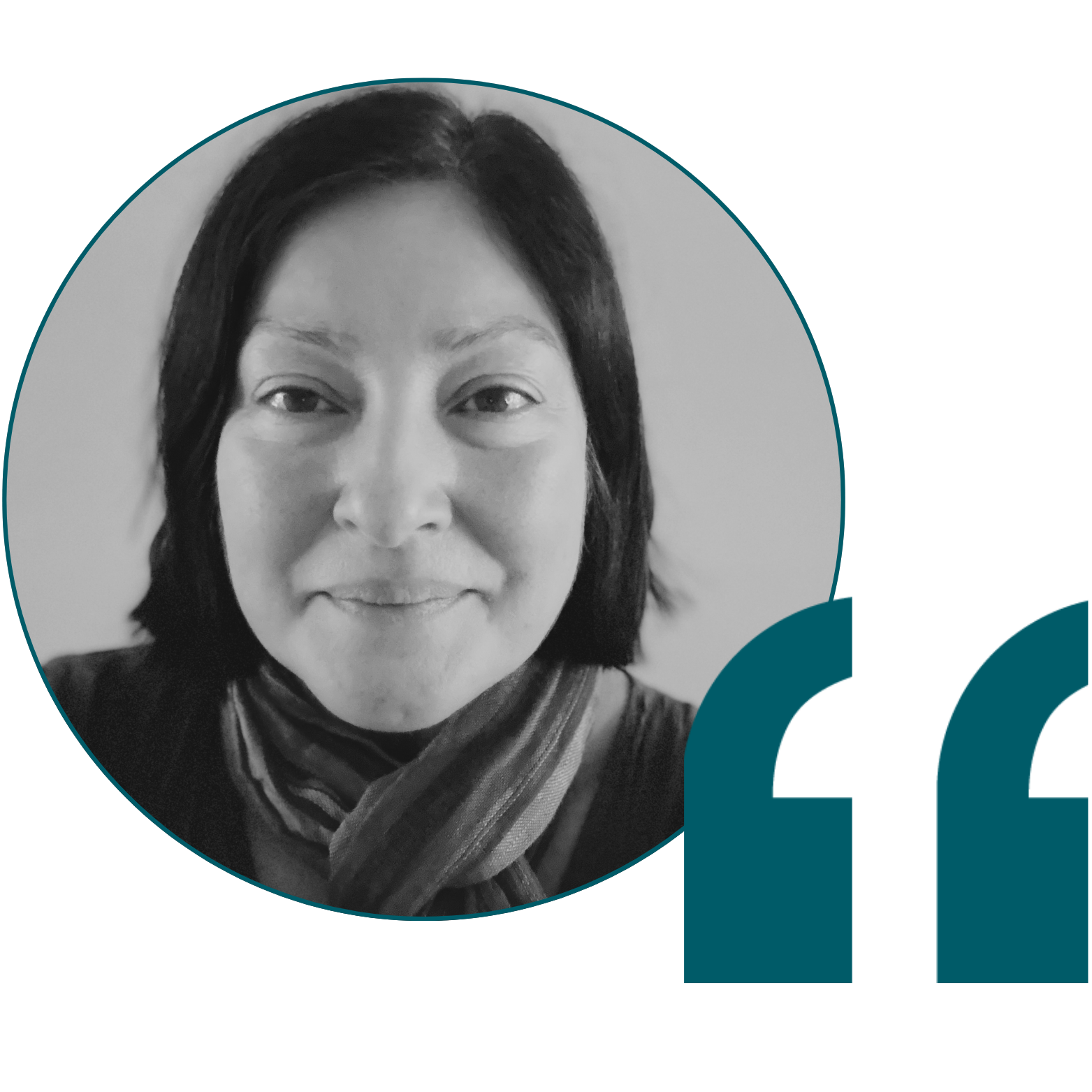
“The film industry takes pride in its distinctiveness and how it is set apart from other industries through long working hours, far-flung locations, and often challenging working conditions. But this uniqueness shouldn’t come with unnecessary risks to health and safety.” – Mona Benjamin
Challenges Faced Working Abroad in the Film Industry
The global nature of the film and TV production industry brings unique challenges to health and safety when working abroad. Jurisdictional differences in safety requirements and legal interpretations outside the UK can complicate incidents. A case in point is Mark Milsome’s death during a stunt in Ghana, which was categorised as a car accident under local law due to its occurrence on a road rather than a set location. This classification led to significant complications regarding compensation and insurance.
There is a growing concern that productions are not solely moved abroad for location-specific needs but also for expediency and budget considerations. It underscores the importance of heightened health and safety awareness for those working in international settings.
How to Start a Safety Culture Shift
The inherent challenges of production sets are compounded by a lack of standardised safety education and the prevalence of a freelance workforce, resulting in ambiguous responsibilities. To foster a safer and more sustainable working environment in the production industry, a crucial cultural shift towards prioritising health and safety issues is imperative.
Recognising the need for a comprehensive solution, industry experts advocate for mandatory health and safety education for all involved in production sets. Every single person working in film and TV media should have basic health and safety education, transcending roles in risk assessment or management. The aim is to establish a universal language and understanding of safety protocols, creating a culture where every crew member is equipped with the basic knowledge necessary to contribute to a safe working environment.
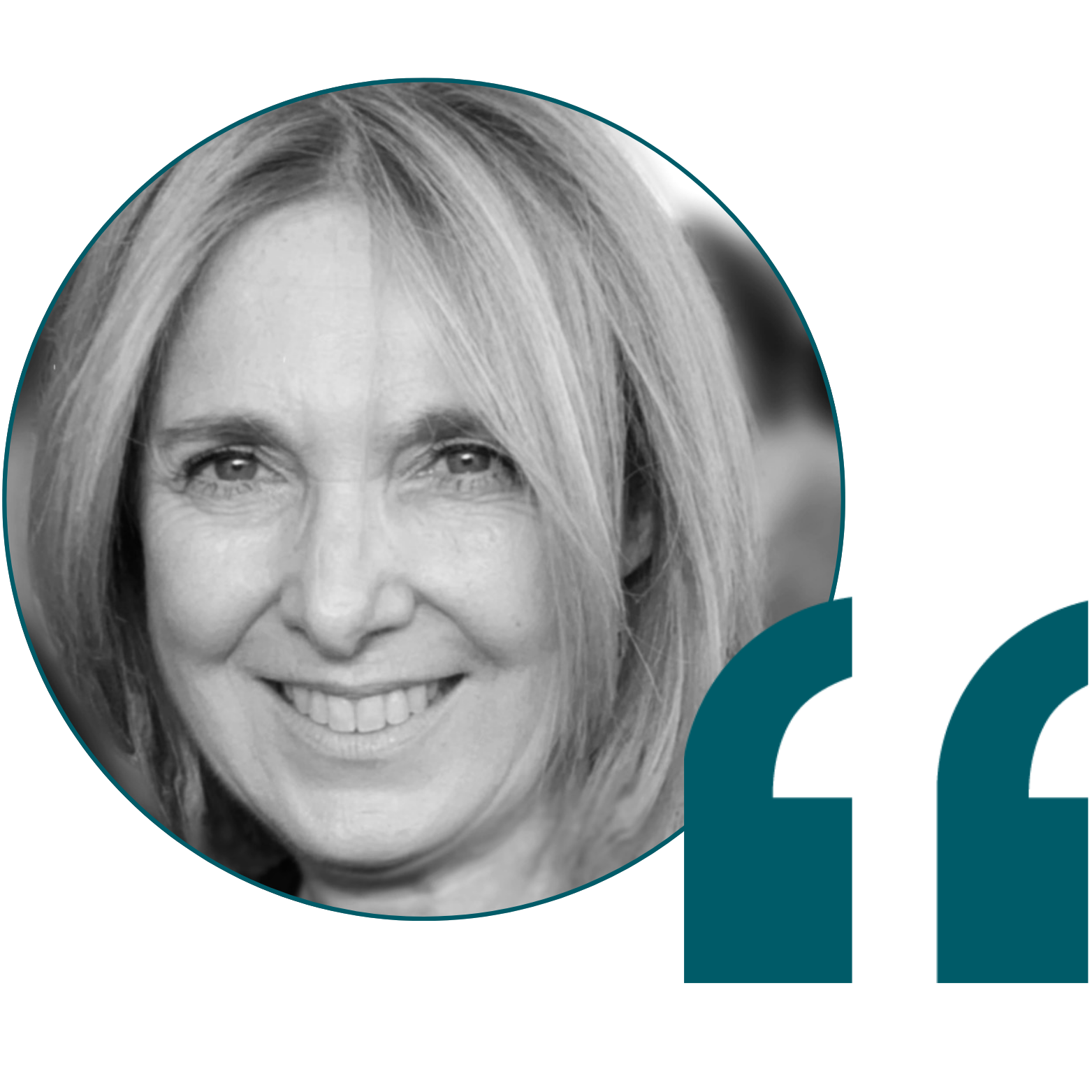
“Health and safety isn’t a barrier to creativity. By taking the necessary steps in advance and ensuring that everyone is adequately educated about health and safety, creativity can flow much better.” – Samantha Wainstein
The Mark Milsome Foundation addresses this need with its Production Safety Passport, a course designed by crew for crew and in close cooperation with health and safety experts. Comprising eight chapters ranging from legal aspects to speaking up, working abroad, and mental health, the 90-minute course awards participants a Level 2 Production Safety Passport recognised within the industry and valid for 5 years.
Tragic incidents from the past serve as wake-up calls, prompting a collective call for action to prioritise the well-being of crew members and institute systemic changes that will ensure a safer working environment for everyone involved in the creative process.
Empowering Health & Safety with RiskPal
At RiskPal, we empower safety and security leaders to drive safety engagement within their organisation. We help news and content makers keep their people safe and get their jobs done. Identifying the right risks at the right time is essential to good risk management. RiskPal is a smart risk assessment platform that streamlines processes to make safety simple.
Reach out if you have any questions or need assistance in enhancing your safety and risk management processes.
